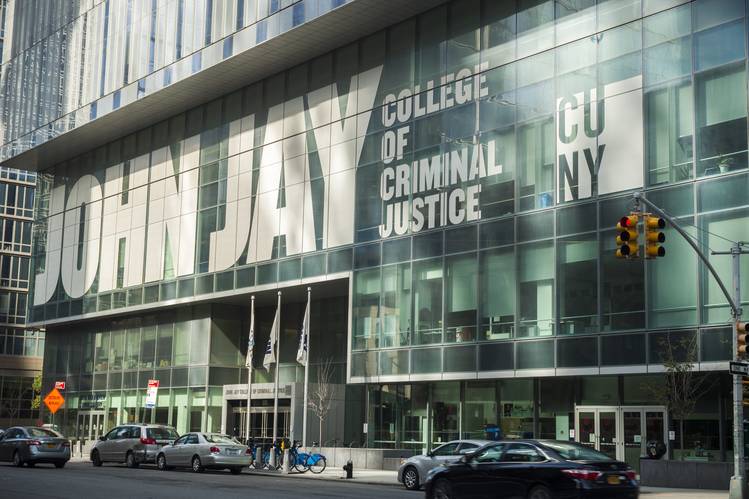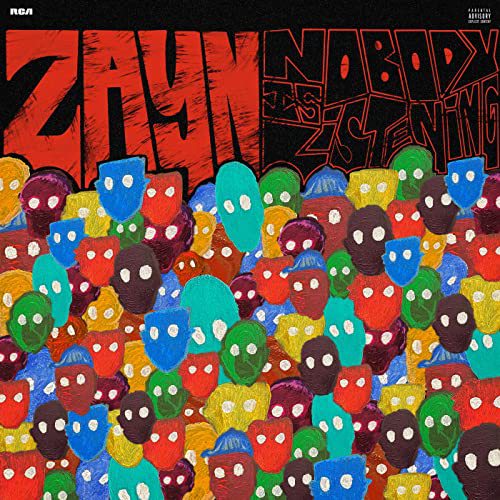Professors at CUNY John Jay College of Criminal Justice sparked a scandal when they were ironically exposed for their illegal involvement in drug-and-prostitution activities this past September. The allegations, made by two former female students at the college, were brought straight to the Manhattan District Attorney’s office and the state Inspector General, according to “The Post.”
Many are questioning why the college had waited so long before coming to law enforcement with these allegations, despite knowing since May 2018. “The New York Times” reported in mid-August 2018, that security staff of the college had discovered “significant quantities of drugs and drug paraphernalia during the internal inquiry, but they did not contact the police… until [September].” In addition, there were no explanations given for how the evidence was found, nor in what way was it discovered.
The allegations were made after the two women learned of prior sexual-harassment claims made against the four professors. In an exclusive interview with “The Post,” the women described how as undergraduates, they were manipulated into joining the professors’ in their “pot-smoking circle of acolytes,” after which would lead to the professors’ sexually assaulting the women, in addition to, “attempt[into] to have them sexually service professors at other colleges — and worse.”
Describing the horror with her anthropology professor Anthony Marcus, Naomi Harber, a former John Jay student explained, “He put his hands around my throat, choked me with both hands and forced himself inside me without warning.” Harber was a language and culture/critical media studies major who graduated John Jay in January. At the time of the assault, Harbor was merely a sophomore. “The only thing I could do was to go numb and detach myself from my body,” Haber commented.
Marcus denied requests for comment.
Although Jon Jay responded to the filed complaints, it is unclear whether the college reported this issue as related to Title IX, a federal civil right law that prohibits discrimination on the basis of sex, denied benefits, or exclusion from participation in any educational program that receives financial assistance from the federal government. Examples of the basis of sex are sexual harassment, domestic violence, stalking, dating and/or sexual violence, and gender-based harassment.
On all CUNY campuses there is a Title IX Coordinator, an individual specialized to provide information and guidance to the students who are facing or have faced any degree of sexual violence or sexual harassment. Additionally in April 2017, CUNY partnered with SUNY to launch the Sexual and Interpersonal Violence Prevention and Response Course, more commonly known as SPARC.
SPARC is an online system designed to assist colleges and universities in training students on the prevention and response of sexual violence and related violence. For CUNY it is in the form of a course on Blackboard and is personalized so that each student at a particular CUNY campus is trained by their fellow faculty, staff, and institutional leaders. Due to the immense support from the participating institutions and individuals, there is no cost for completing this training.
Tatheer Raza, an undeclared major freshman, believes SPARC is informative and crucial because it educates people as to what is not tolerated in the outside world. “Especially with how tragic world is going it is important because some people don’t know their limits, between their friends and people they just work with,” Raza commented.
For any need of guidance or further information on forms of sexual harassment, Queens College’s Title IX Coordinator is Cynthia W. Rountree. Rountree’s email is Cynthia.Rountree@qc.cuny.edu, and she can be reached at (718) 997-5888 or at her office located at Kiely Hall, Room 147.














